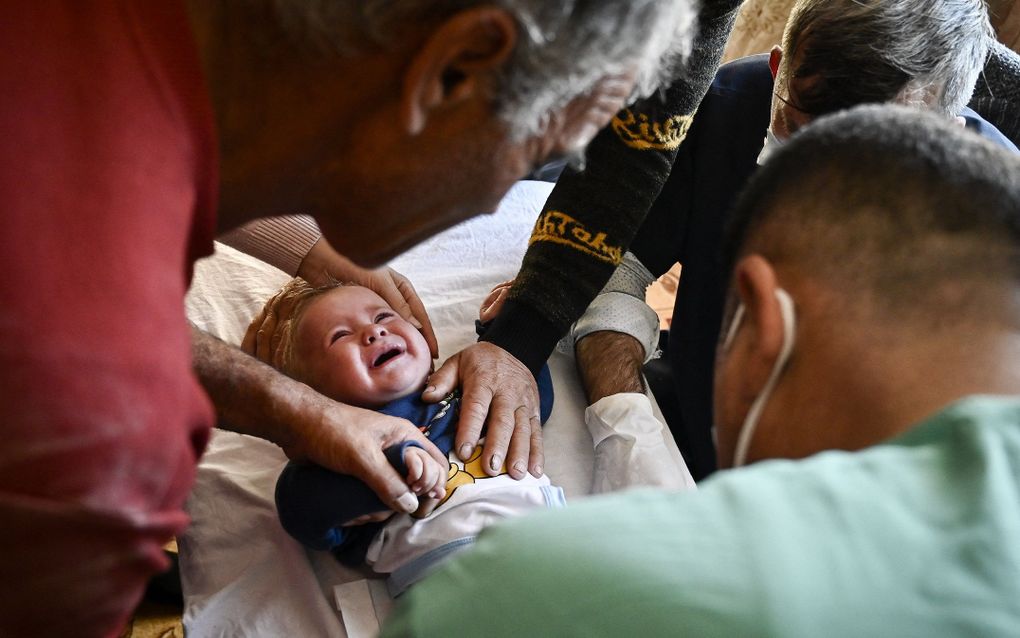Male circumcision is a common practice in Dubai, influenced by religious, cultural, and medical considerations. However, the legal framework surrounding the procedure is essential for ensuring that it is conducted safely and ethically. This article explores the legal landscape of male circumcision in Dubai, addressing regulations, ethical considerations, and the role of healthcare providers in the process.
Legal Framework and Regulations
Islamic Law and Cultural Context
In Dubai, the practice of male circumcision is primarily guided by Islamic law, which recognizes it as a Sunnah (a recommended practice) for Muslim males. While not explicitly mandated in the Qur'an, circumcision is widely accepted within Islamic communities as a rite of passage. The cultural significance of the procedure is thus deeply rooted, shaping its acceptance and practice within Emirati society.
Healthcare Regulations
The Dubai Health Authority (DHA) regulates medical practices, including male circumcision, ensuring that procedures are performed in accredited healthcare facilities by qualified professionals. Regulations require that circumcision be conducted in a hygienic environment, with proper consent obtained from parents or guardians. This oversight aims to protect the health and rights of the child while respecting cultural and religious beliefs.
Consent and Ethical Considerations
Informed Consent
Informed consent is a crucial component of the legal landscape surrounding male circumcision. Parents or guardians must be fully informed about the procedure, including its benefits, risks, and alternatives, before providing consent. This legal requirement aligns with ethical standards in healthcare, ensuring that families make well-informed decisions.
Ethical Dilemmas
The practice of circumcision can raise ethical questions, particularly regarding bodily autonomy and consent. Critics argue that infants cannot provide consent, leading to discussions about the morality of performing such procedures without the individual's ability to agree. The legal framework in Dubai navigates these ethical concerns by emphasizing the responsibility of parents and healthcare providers to prioritize the child's welfare.
Role of Healthcare Providers
Standards of Practice
Healthcare providers in Dubai must adhere to established medical standards when performing circumcision. This includes using appropriate techniques, ensuring sterile conditions, and providing post-operative care instructions. The legal framework mandates that healthcare professionals be adequately trained and qualified to perform the procedure, safeguarding the health and safety of patients.
Documentation and Accountability
Proper documentation is essential in the circumcision process. Healthcare providers are required to maintain accurate records of the procedure, including consent forms and any complications that may arise. This documentation serves as a safeguard for both the patient and the healthcare provider, ensuring accountability and compliance with legal standards.
Community Perspectives and Challenges
Public Awareness
While circumcision is widely accepted in Emirati culture, varying opinions exist within the community. Some families may question the necessity of the procedure or seek alternative views on bodily autonomy. Legal frameworks must adapt to these changing perspectives while respecting cultural and religious beliefs.
Balancing Tradition and Modernity
As Dubai continues to modernize, there is an ongoing dialogue about balancing traditional practices with contemporary health considerations. Legal regulations must navigate this complex landscape, addressing both the cultural significance of circumcision and the need for safe medical practices.
Conclusion
The legal landscape of male circumcision in Dubai is shaped by a combination of Islamic law, healthcare regulations, and ethical considerations. Ensuring informed consent, adherence to medical standards, and proper documentation are vital components of this framework. As the community continues to evolve, it is essential for the legal and healthcare systems to adapt, promoting a safe and respectful practice of circumcision that honors both cultural traditions and individual rights. This balance will contribute to the ongoing dialogue surrounding male circumcision in Dubai, ensuring that the practice is conducted ethically and responsibly.





Comments